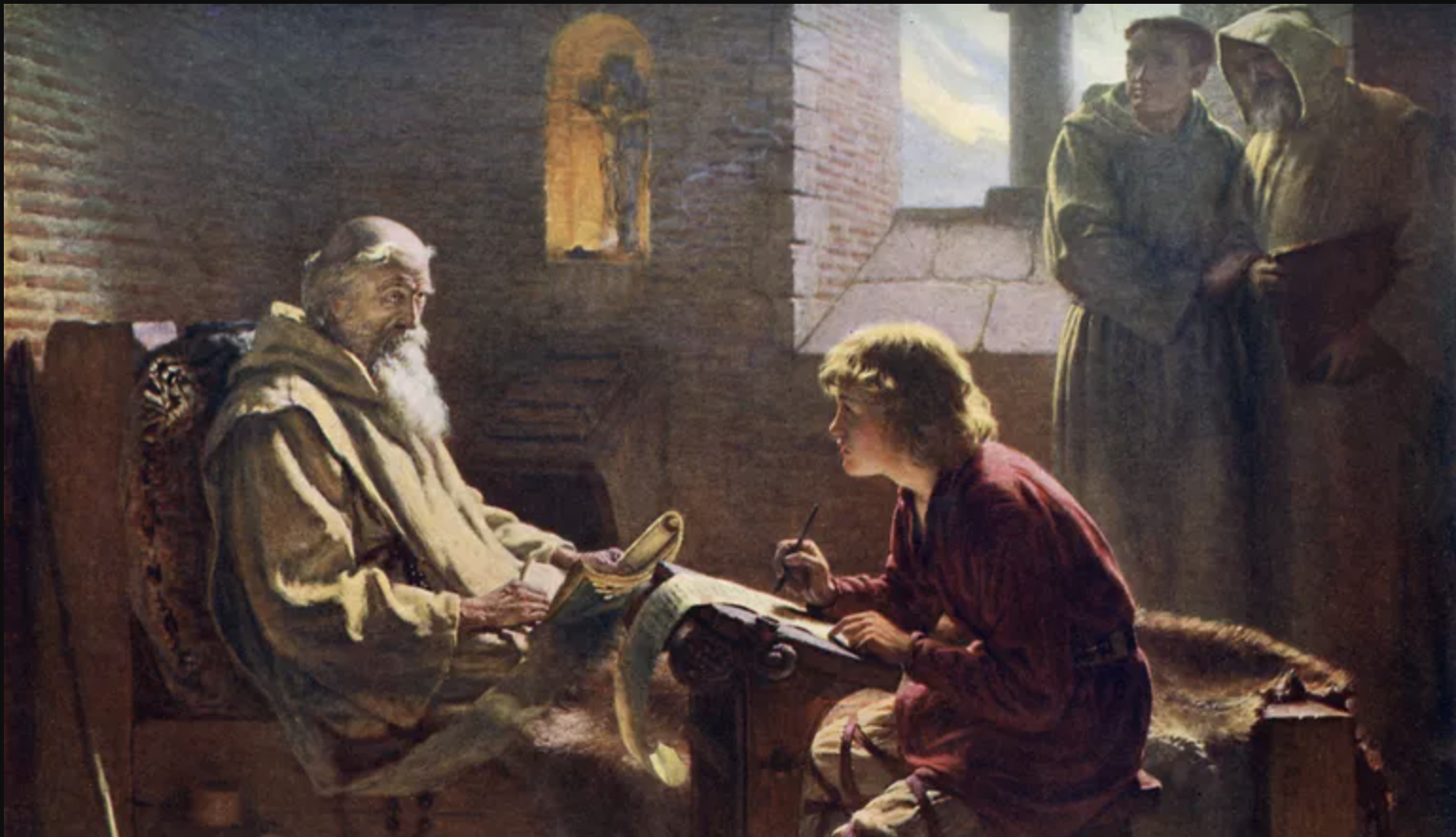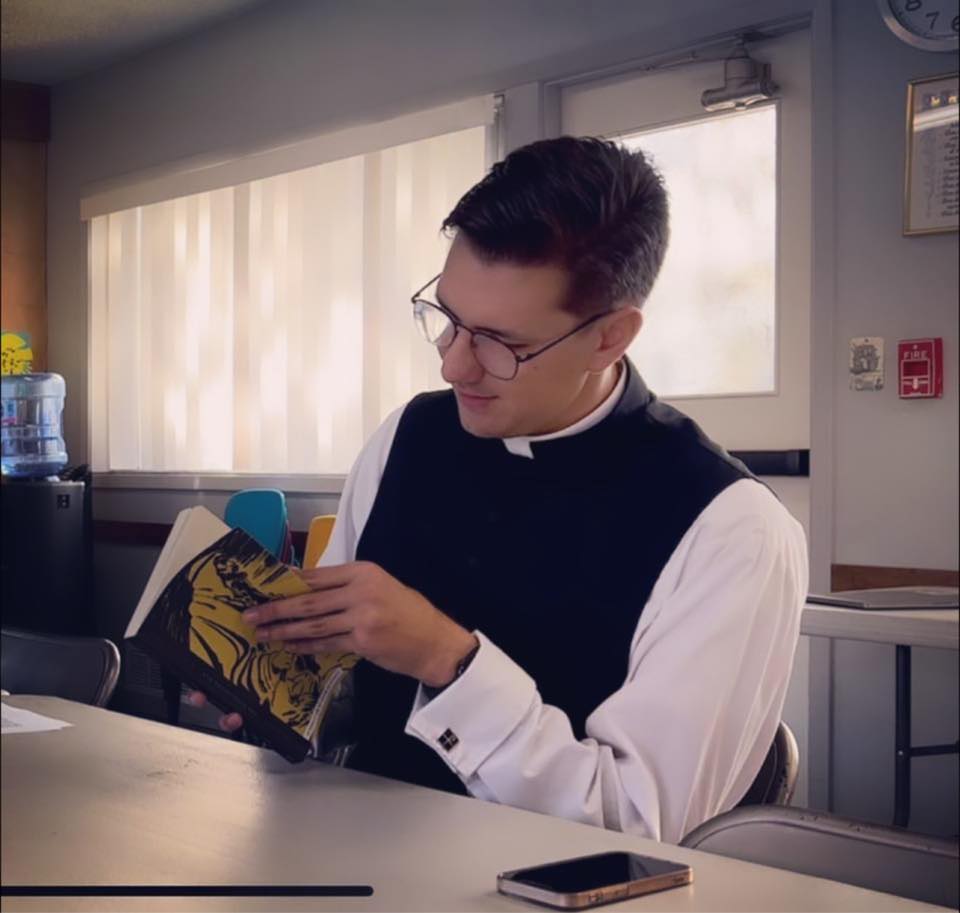The Anglican Book of Common Prayer reintroduces a monastic identity to the Church in England in two significant ways.
First, it’s nearly the same narrative of St. Benedict’s own Rule. When the way of the ancient monastery had become overly complicated by long and difficult to follow rules, St. Benedict introduced a simple plan for balance. Cranmer follows the same example in offering the Daily Office as a simplified monastic rite.
Secondly, Cranmer also maintains the integrity of Benedict’s three-fold order in pairing the daily office with both private devotion and Holy Communion. While St. Benedict imagined a distinct community of monks set apart by their various vows to embrace the Rule, Cranmer imposes the monastic ideal into the very character of English prayerbook worship. Rather than being an optional extra for the particularly pious or devoted, Cranmer offers access to the wisdom of ancient monastic spirituality through the regular worship of the Church. The medieval distinctions between secular and monastic readers are erased from the office, just as the overly sacerdotal elements are purged from much of the Mass.
Cranmer’s Book of Common Prayer was introduced to the Western world just as the printing press was transforming the way books were published. In England, large manuscript service books and missals reflecting the various rites and ceremonies of the local tradition were replaced by a single simple text. Just as the early monastic communities would gather to recite pieces of scripture from memory, so too does the modern Western culture in the collective influence that the language of the Book of Common Prayer has had on the post-Reformation world.
For the English people, the Venerable Bede set the example accepting both commoners and noblemen into their monastic schools. In his Ecclesiatical History of the English People we see the example of accepting those who want to learn without the cumbersome barriers of the cloister. Thus, like Bede, Cranmer offers in the devotion of the prayerbook “uncloistered” access to the wisdom of the scriptures and English asceticism.
Read/Buy: Bede’s Ecclesiastical History of the English People https://amzn.to/3pbmWfZ
Watch “Monks and Monasticism in the Anglican Tradition” on Youtube: https://youtu.be/TM-Qhd7Hv7k


Leave a Reply